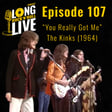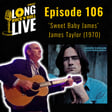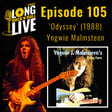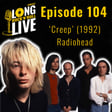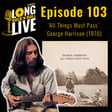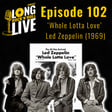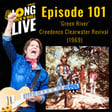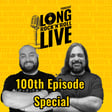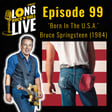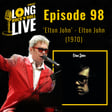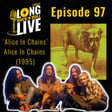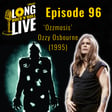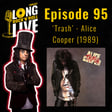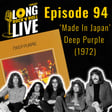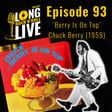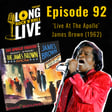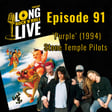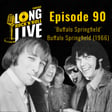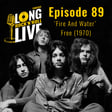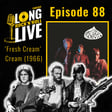
41. ‘The Joshua Tree’ - U2 (1987)
Episode 41: ‘The Joshua Tree’ - U2 (1987)
‘U-Two Americas’
Fresh from multiple tours in support of ‘The Unforgettable Fire’, U2 wanted to continue their trajectory and momentum of their ambient, atmospheric music, but with a harder hitting end product - ‘The Joshua Tree’ certainly hit that mark becoming the fastest selling album in British history and selling over 25 million copies.
Having immersed themselves in American culture and history during a tour, the working title of ‘Two Americas’ would be the thematic base for this album. Musically, they sought to combine their Irish heritage with their new found love for the American Blues and Country - and, lyrically, adding in their distaste for its politics, this album transformed U2 from music stars to global superstars.
Bono’s passionate vocals combined with The Edge’s minimalistic guitar parts resonated with audiences around the world and presented us with an easy to listen to album filled with passion, fire, suffering, soul and love.
Episode 41 Playlist: https://open.spotify.com/playlist/5q1X2ifOYCM1YwOP7Hg1dh?si=e8-xXXYdTsmV6GMq8yVmfA
LONG LIVE ROCK ‘N’ ROLL
- Follow the Podcast on Social Media: https://linktr.ee/longlivernrpod
- Get in touch and/or leave us a review: longliverocknrollpodcast@gmail.com
- Podcast Music by GeriArt, NaturesEye, astrofreq, Twisterium from Pixabay
- Podcast Art by Ross Davidson (@ross_feelshame)
